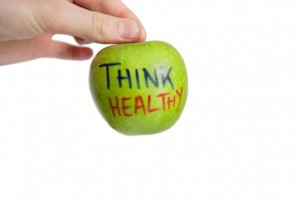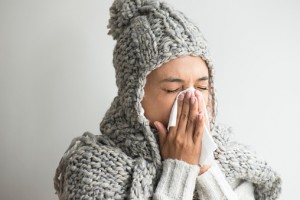The Department of Urology at Flushing Hospital is staffed by fully trained, board certified urologists, specially trained physician assistants, registered nurses and medical assistants. The department utilizes state-of-the art diagnostic equipment and minimally invasive techniques to provide comprehensive care to our patients. The department treats both men and women with an understanding of the sensitive nature of urologic illnesses, and with special emphasis for women on bladder control and urinary tract infections, and for men enlarged prostate, urinary vasectomies, male sexual health and prostate cancer.
One of the commonly treated urologic conditions in both women and men is kidney stones. The department of urology has a kidney stone treatment center that can diagnose and treat this condition quickly. A Spiral CT scanner is used to locate the stone(s )which eliminates the need to use contrast dyes. Non-surgical modalities in the form of shock wave lithotripsy break up smaller stones into fine particles. For larger stones, a Holium laser and miniscope are used.
For patients with prostate cancer radioactive seed implantation can be performed by ultrasound guidance with pinpoint accuracy.
The Department of Urology also offers the da Vinci Robotic Surgical platform for prostate surgery. This new technology allows our surgeons to perform minimally invasive surgical procedures that benefit our patients through faster recovery time, less blood loss, less pain, and shorter hospitalizations.
To schedule an appointment at Flushing Hospital’s Urology suite, please call 718-670-5699.
All content of this newsletter is intended for general information purposes only and is not intended or implied to be a substitute for professional medical advice, diagnosis or treatment. Please consult a medical professional before adopting any of the suggestions on this page. You must never disregard professional medical advice or delay seeking medical treatment based upon any content of this newsletter. PROMPTLY CONSULT YOUR PHYSICIAN OR CALL 911 IF YOU BELIEVE YOU HAVE A MEDICAL EMERGENCY.


 How many times do you look in the mirror each day? Could you imagine not being able to use a mirror because you were afraid of it or seeing your reflection in it? For some people, this is a reality. Eisoptrophobia is a rare phobia, that causes sufferers to be irrationally fearful of mirrors or seeing themselves in a mirror.
How many times do you look in the mirror each day? Could you imagine not being able to use a mirror because you were afraid of it or seeing your reflection in it? For some people, this is a reality. Eisoptrophobia is a rare phobia, that causes sufferers to be irrationally fearful of mirrors or seeing themselves in a mirror.
